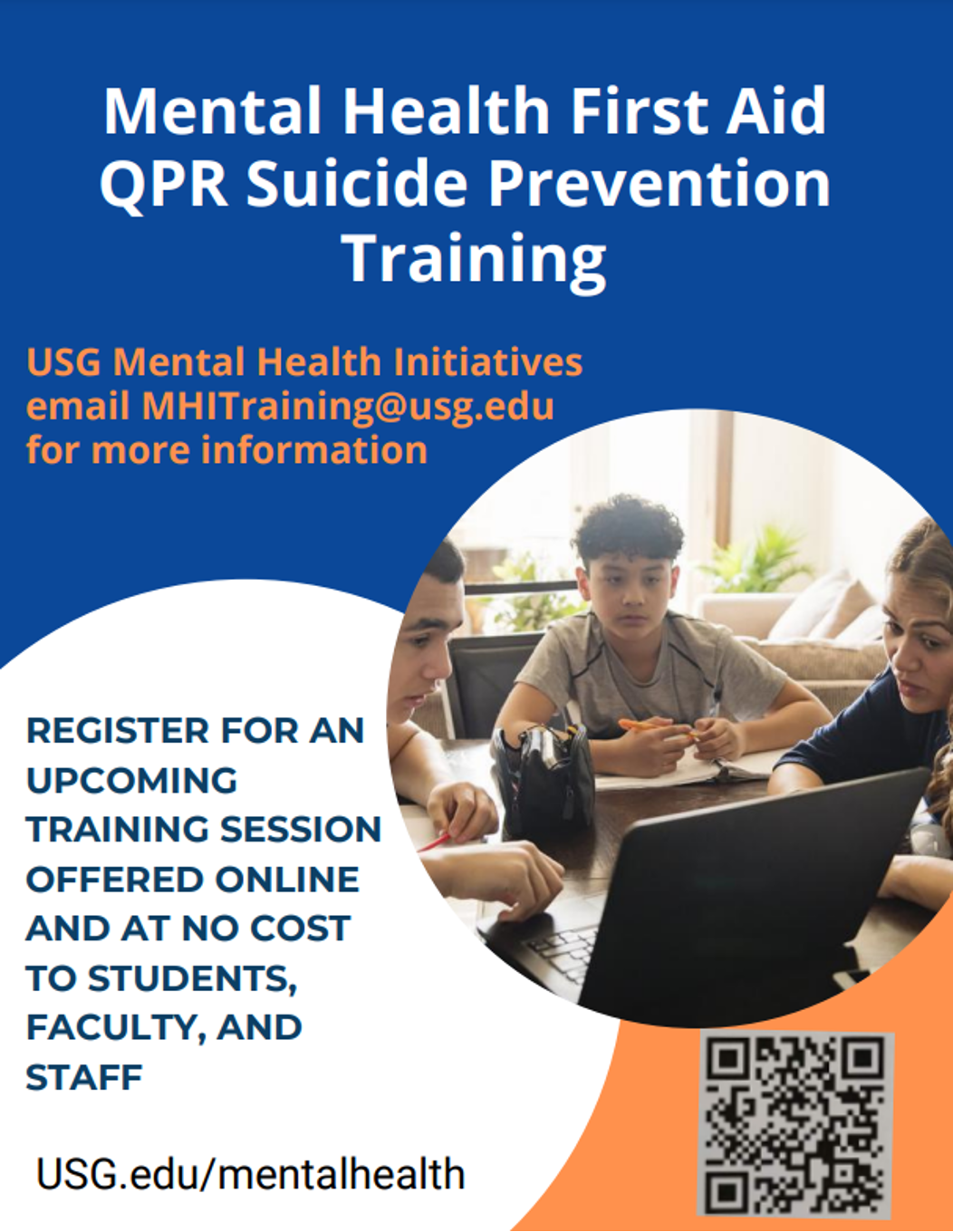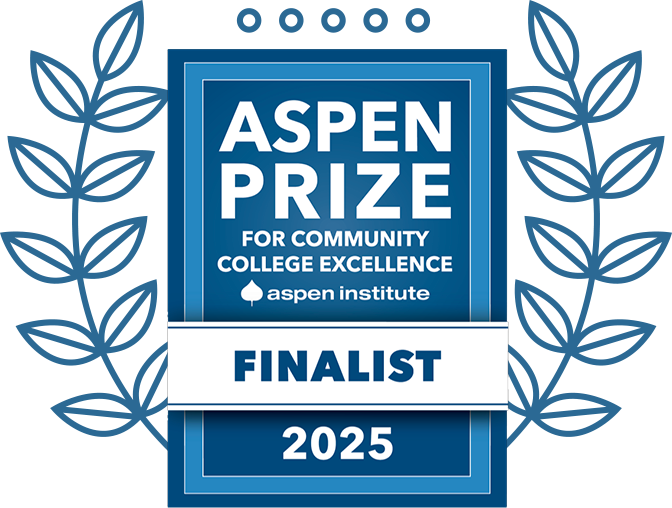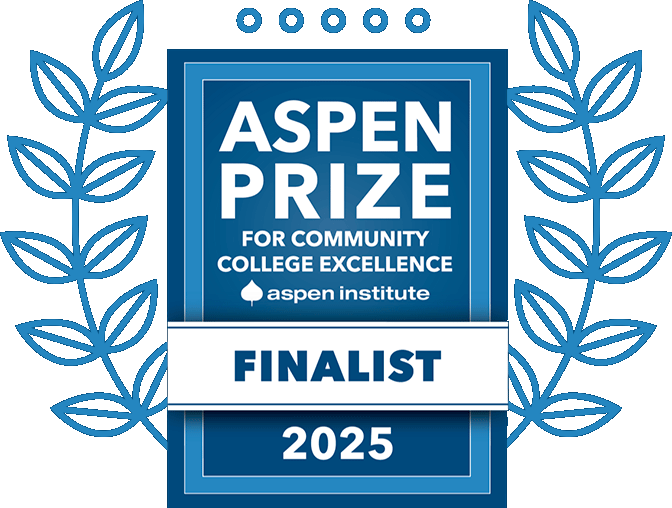TZSC -Towards Zero Suicide Coalition
GHC’s Toward Zero Suicide Coalition (TZSC) was founded in the Fall of 2017 after two conferences brought together a diverse array of administration, faculty, and staff who shared interest in suicide prevention work. TZSC initiatives seek to provide leading best practice crisis care and support, to build on local community resilience, and to offer education to GHC teammates on effective approaches for best-practice suicide prevention and care.
Interested in joining TZSC or learning more about monthly meetings, resources, and training? Contact a member of TZSC at:
- President, LaTascha Echols, lechols@highlands.edu
In crisis? Help is available. Dial 988 and speak with someone 24/7 at the Suicide and Crisis Lifeline.
To make an appointment with at GHC’s Counseling Center, email sss@highlands.edu
Fall 2024 Mental Health First Aid training for Students, Faculty, and Staff:








